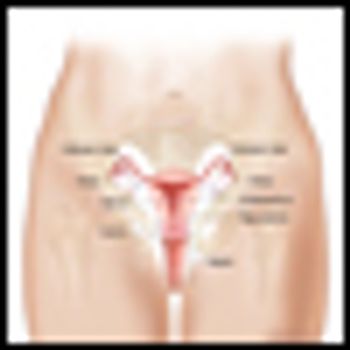
Annually, about 8,000 patients are found to have metastatic melanoma presenting as recurrence of an earlier primary melanoma, and this number closely approximates the annual number of deaths from the disease. This statistic illustrates the lack of progress that has been made in the treatment of stage IV melanoma over the past several decades.


